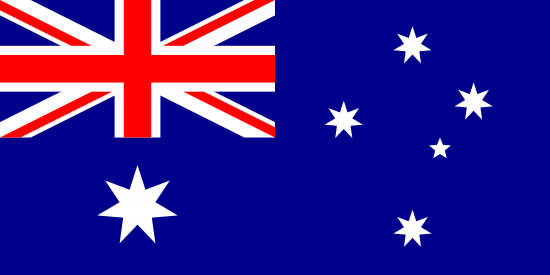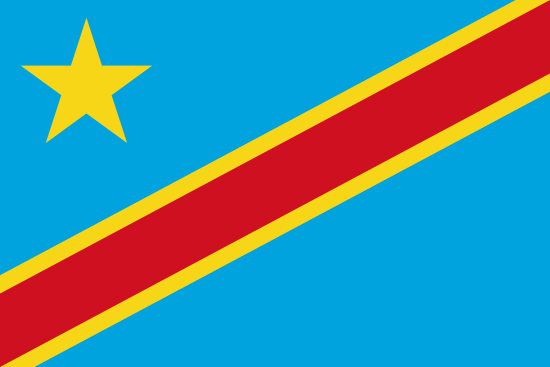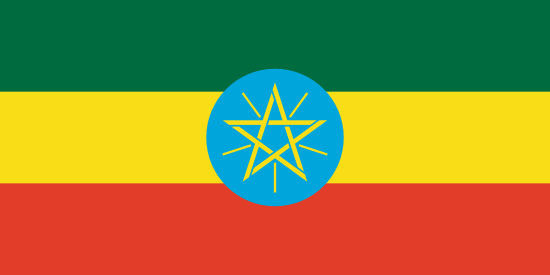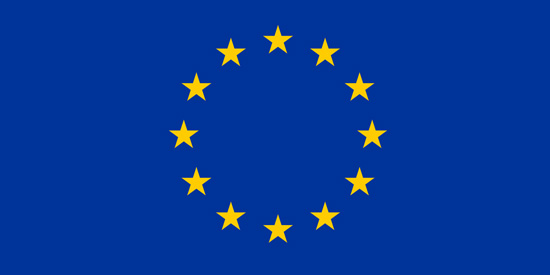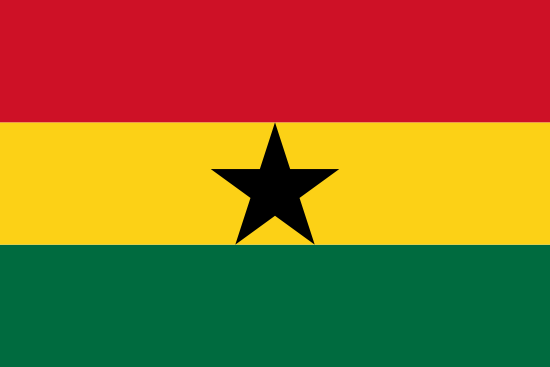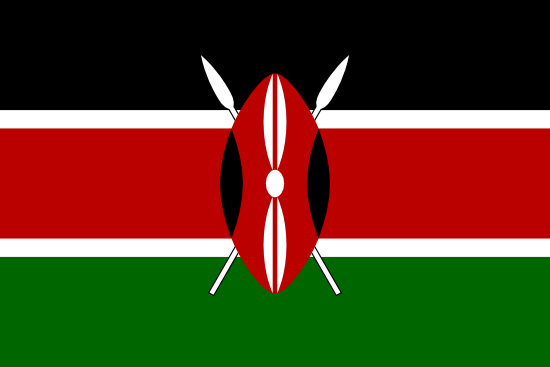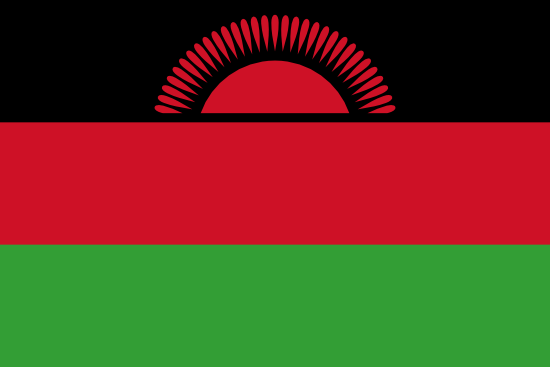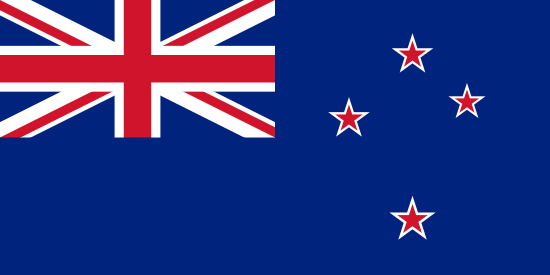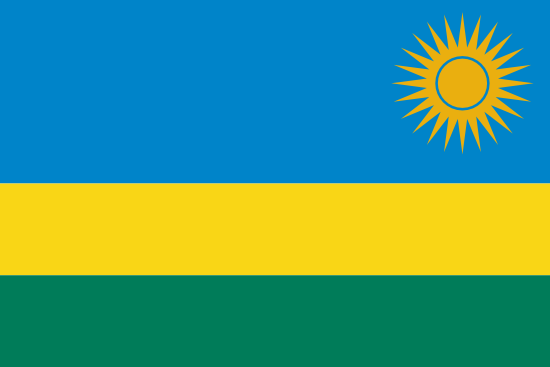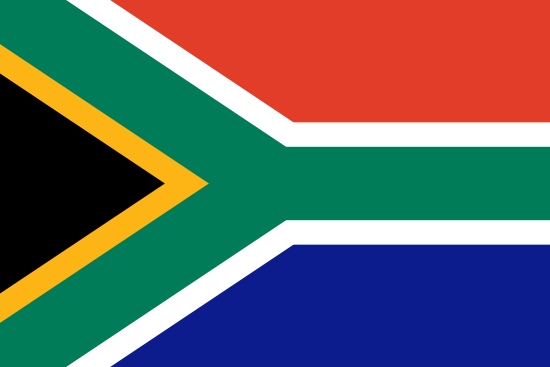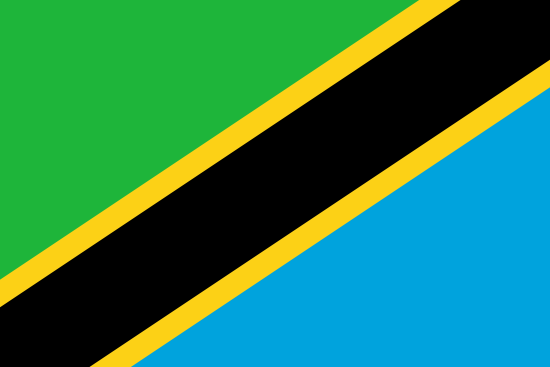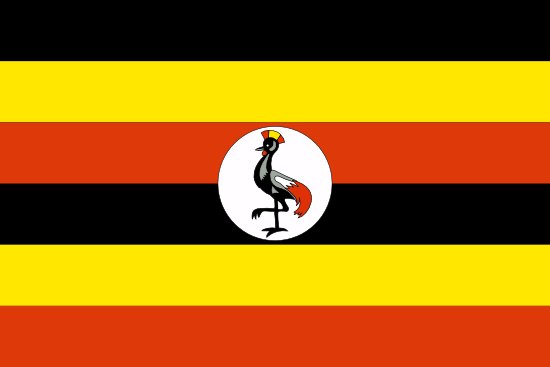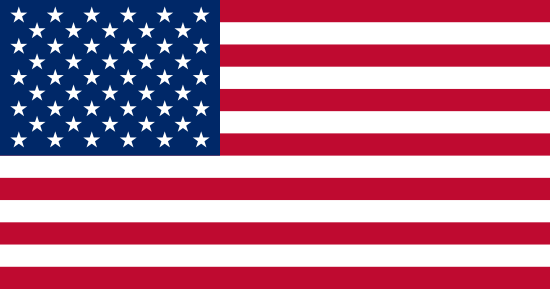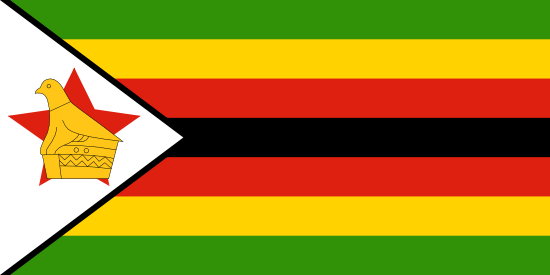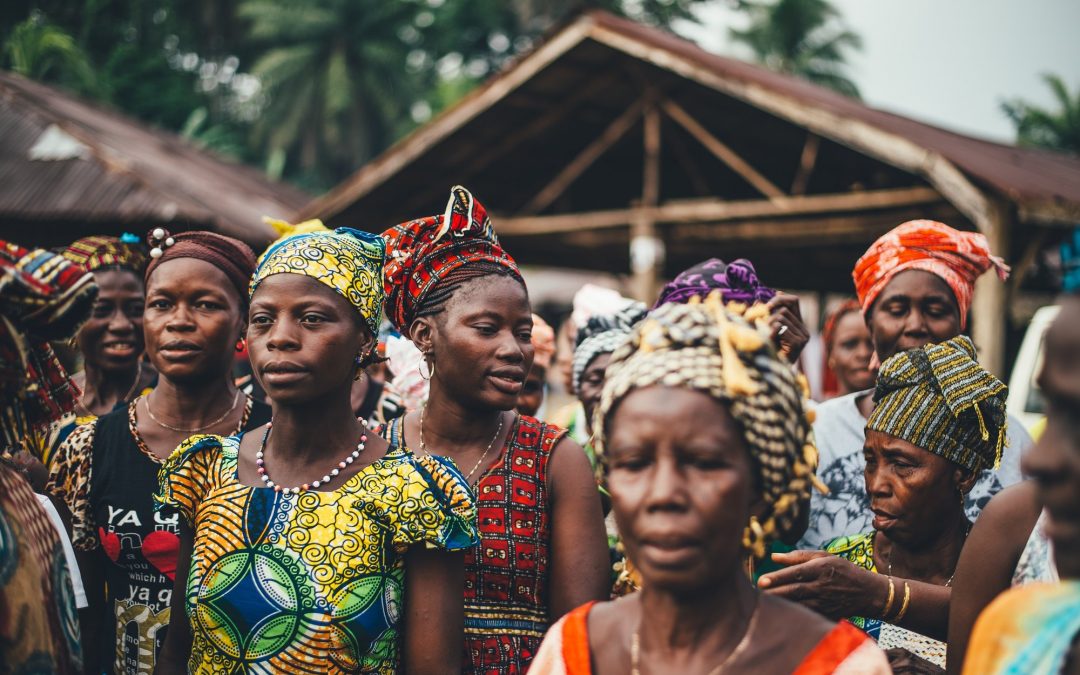This month’s election in Sierra Leone was the first time a country has used Blockchain technology in a national election.
In a world first, Swiss company, Agora provided the service to Sierra Leone’s highly populated Western District, which includes the nation’s capital, Freetown.
Blockchain has developed with the rise of Cryptocurrency. It is essentially a digital ledger that is a decentralised recording of data. Information is stored across many computers which makes it practically impossible to modify the data.
In other words, Agora has developed a voting system for Sierra Leone that dramatically reduces the chances of an election being rigged.
Agora’s COO Jaron Lukasiewicz told Coindesk that “A country like Sierra Leone can ultimately minimise a lot of the fall-out of a highly contentious election by using software like this.”
This is an exciting development for the small West African nation who have just had their second unsupervised election since the end of their civil war in 2002. We thank God the election process has also been very peaceful so far.
This could also be a positive development for the future of politics in Africa and has the potential to limit a party’s autocratic reign in power.
2018 will see Zimbabwe have a national election after the 37-year rule of Robert Mugabe came to an end last year.
Burundi are also about to go to a referendum to decide whether to increase presidential terms from five to seven years, with a maximum of two terms in office. This could mean that President Pierre Nkurunziza could run the country until 2034.
African Enterprise Australia reported earlier this month about the great political instability that rocked several African nations in the month of February.
We are hopeful that developments such as Blockchain could work as a tool to support peaceful democratic processes in many African nations.
